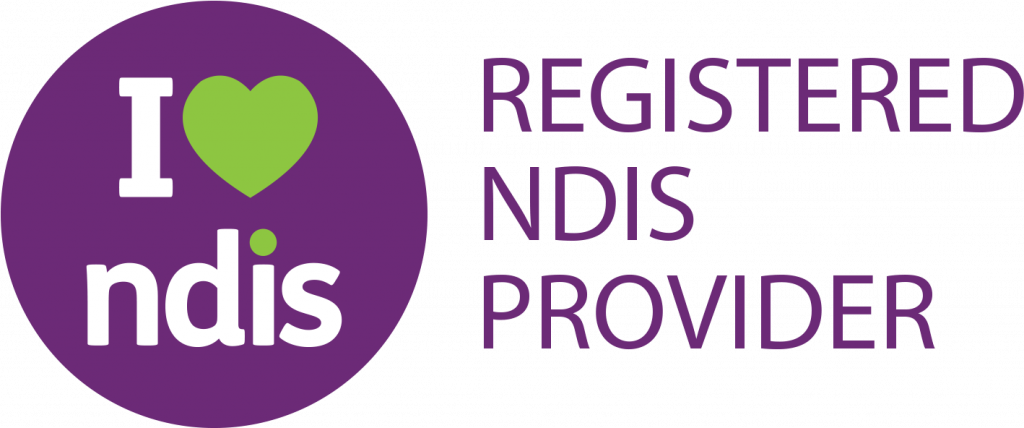What Is a Support Coordinator’s Role?
What Is a Support Coordinator's Role?
Many people are curious to know about the role of a support coordinator within the NDIS. If you’re new, you may be wondering what a coordinator actually does. Well, you’re in luck because we’re here to inform you of their key role in the whole set-up. These professionals are critical to understanding the NDIS framework, and ensuring participants receive the support they need. They act as a guide, helping clients understand their plans. So, let’s dive a little deeper into the more intricate aspects of this disability support scheme and appreciate their contributions towards a participant’s NDIS journey.

What Is Support Coordination?
Support coordination is a vital aspect of the NDIS, aimed at assisting participants in managing their plans and receiving the necessary services. It involves working closely with individuals to understand their goals and preferences. Additionally, it also identifies suitable providers, and coordinates the delivery of support outlined in the plan. Support coordination aims to empower participants by exercising choice and control over their lives. As such, individuals will receive the assistance they need to achieve their objectives and enhance their quality of life.
Who Can Help Me Implement My NDIS Plan?
Support coordinators are experts in implementing NDIS plans. Their responsibilities include advocating for participants’ needs, coordinating services, and ensuring that plans are carried out. With their expertise and guidance, participants can navigate the program effortlessly and access the right support they require to live fulfilling lives.
A support coordinator assists NDIS participants in managing their support and services effectively. Think of them as a personal guide through the NDIS process, providing expertise, encouragement, and support to help clients make the most of their plan. An NDIS support coordinator’s roles and responsibilities will include the following:
- Understanding Participants Needs: The primary and most important duty of the support coordinator’s role is to get to know each individual. This allows them to understand the unique needs, goals, and preferences. They will work closely with the participant to assess their support requirements and identify areas where additional assistance may be beneficial.
- Developing NDIS Plan: Once the needs have been assessed, the support coordinator will help develop the NDIS plan. This involves collaborating with participants to identify their goals and aspirations, as well as the support and services required to achieve them. The coordinator will also assist in navigating the planning process. This ensures that the plan accurately reflects the needs and objectives.
- Connecting with Providers: After the NDIS plan has been approved, the support coordinator will connect with service providers who can deliver the services outlined in the plan. This may involve researching and recommending suitable providers. They can assist with the selection process, as well as facilitate agreements between participants and the chosen providers.
- Monitoring Plan: Once the support and services are in place, the role of a support coordinator is to monitor its implementation. This is done to ensure that it remains effective and meets the participant’s evolving needs. They will regularly review the plan with their clients, making any necessary adjustments or modifications. As a result, the individual receives the right support needed to achieve their goals.
What A Support Coordinator Cannot Do
While support coordinators play a vital role in assisting NDIS participants, there are certain limitations to their role. Unlike plan managers, support coordinators cannot manage funding or make payments on behalf of participants. It’s important to distinguish between the two roles.
When it comes to plan manager vs. support coordinator, here’s what you should remember. Plan managers handle financial aspects like budgeting and payment processing. Support coordinators offer guidance and advocacy but do not directly manage plans or make decisions for participants. To avoid confusion and understand it further, we’ve made a list of services a coordinator doesn’t provide.
- Offer Direct Support: Support coordinators are unable to directly assist participants with activities of daily living or other forms of hands-on support. Their role primarily involves offering guidance, advocacy, and coordination of services. Physically assisting participants with their needs is out of the question. This ensures that coordinators focus on facilitating access to appropriate services and advocating for the participant’s overall well-being.
- Plan Management: Unlike plan managers who handle the financial aspects of the disability support services, coordinators are not involved in plan management. Instead, the role of support coordinators centre around coordinating services and advocating for the participant’s needs. This means that they do not have authority over the financial management of participants’ plans. Instead, their entire focus is on ensuring that participants receive the necessary support services.
- Sign Service Agreements: Support coordinators cannot sign service agreements on behalf of participants. This responsibility typically falls to plan managers or the participants themselves. They can guide individuals towards what may be best for them but cannot get involved in signing service agreements. The participant or their designated plan manager has the authority and responsibility for the agreements made.
How Can I Receive Support Coordination?
To receive support coordination, individuals must have it included in their NDIS plans. During the planning process, participants can discuss their support needs with their planners and express their preference for support coordination. If necessary, support coordination will be included in the participant’s plan. This enables them to access the assistance of a dedicated support coordinator. Once it is approved, participants can work closely with their support coordinator to navigate the NDIS, access services, and achieve their goals.
How Can Primal Care Services Help?
At Primal Care Services, we understand the importance of having a knowledgeable and supportive ally throughout the NDIS journey. That’s why we offer support coordination services to assist participants in navigating the complexities of the NDIS system. Our experienced coordinators provide personalised assistance to help individuals achieve their goals and live life to the fullest.
By understanding the key role played by the support coordinator, NDIS clients can gain a lot. With Primal Care Services by their side, participants can access the assistance they need to make the most of their NDIS plan. Our goal is to help each individual live a more independent life. Feel free to call us on 03 9422 5449 or 0426 032 601 if you wish to know more about an NDIS support coordinator’s roles and responsibilities. You can also drop us an email at info@primalcareservices.com.au and have your queries answered.
 Skip to content
Skip to content




